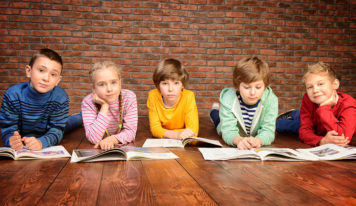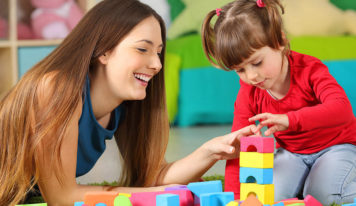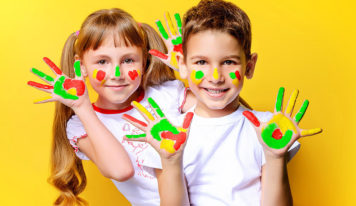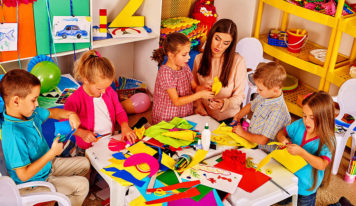Ask any parent, and they will tell you how often they wonder and worry about both the state and future of their beloved child. Parents are constantly looking for signs that something may be abnormal or not right about their child, and are constantly worried that their child is in some way inferior to other children.
For those parents who think their child may be a bit misbehaved in a way that poses a threat to their development, here are some signs to look out for that your child may need some intervention.
1. Poor Attitude in School, Including Truancy.
School functions as a microcosm that helps prepare children for the macrocosm of the world around them. School is like a miniature society in which all the students are citizens, and how your child interacts within that society can help foreshadow how they will act out in the world when they are matured.
If your child does not take school seriously, it may spell out the fact that they just don’t take life seriously. Often, troubled children will exhibit a significant pattern of truancy, ditching school to possibly do self-destructive things such as drugs or smoking cigarettes.
2. Bad Grades.
As well, you will notice that as your child withdraws from caring about their performance in school a significant decline in their grades will become apparent. When a child’s grades start slipping, that is a sign that they are starting not to care about life.
3. Mood Swings.
Troubled children will often exhibit a very wide range of behaviors, many of which can seem aggressive. Mood swings are typical in troubled children. Tensions can boil over fast within their psyche, causing them to start throwing a fit over almost nothing.
If you child seems overly emotional and incapable of handling their feelings and emotions when it comes to everyday issues that plague us all, such as not getting what you want and having to do things that you might not enjoy, that can be a surefire sign that your child has some issues that need to be dealt with.
While some amount of experimental behavior is always to be expected as your child test their boundaries within both their family and the world around them, too much of this behavior can become largely inappropriate and provide a very poor omen for your child’s abilities in the future.

4. Disinterest In Hobbies.
Troubled children will often start exhibiting a notable disinterest in both the world around them and in things that they once showed a passionate interested towards in the past. You may notice that your child has put down their musical instrument of choice and spends more and more time playing video games, which can function as an escape from reality into fantasy.
5. Change In Friends or Loss of Friends.
You may notice that your child is spending less time with the friends that you always remember them playing outside with while spending more and more time inside doing seemingly nothing.
While changing interests are always to be expected in developing children, when a lot of hobbies and passions are left behind and not replaced with anything beneficial, this can prove to a be a very bad sign for your child’s development. Be careful, as well, of new friend groups which may be negative influences on your child.
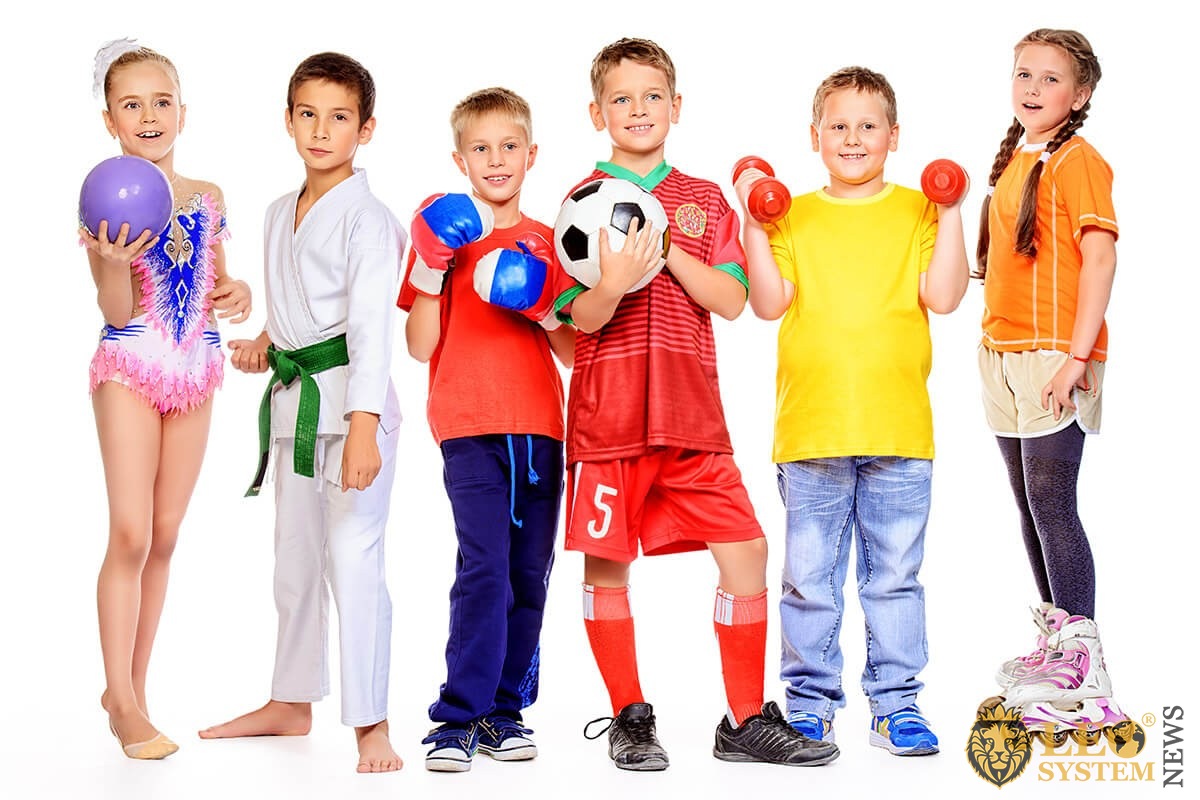
6. Inactivity and Lethargy.
Your child should always have active and healthy interests keeping them occupied and distracting them from idle time in which they may begin developing poor habits. As has always been said, “idle time is the devil’s playground”, and if your child is withdrawing from the world around them into a world of self-imposed exile, they may begin looking to fill the void with self-destructive behaviors as a replacement for their once healthy passions.
7. Inability to Pay Attention.
Noticing that your child is having a harder and harder time paying attention than usual can generally be seen as a sign that your child may need some help.
8. Self-destructive Behavior.
When self-destructive behaviors start coming into play, it may be time to act fast and start looking for options to provide your child with some help that can get them rehabilitated and ready for further healthy development. Self-destructive behaviors are a sign that your child no longer cares about themselves or the world around them. Once exhibited, they can lead to a downward spiral as the child desires to escape further and further away from reality into a world of their own creation.
Common self-destructive behaviors tend to be drug use, tobacco use, drinking, thoughts or actions of suicide, other forms of self-harm, and even just running away from home. Self-destructive is unquestionably important when determining what are the 10 signs of a troubled child.
9. Drug Use.
Drug use to some degree is increasingly common in young people. Once it becomes something that you repeatedly notice, however, you can be sure that there is a problem brewing. Drugs are easily available to most children, whether on the black market or in their parents medicine cupboard.
Be sure to watch out for your child exhibiting an attraction to self-medicating, because this is one of the biggest red flags that your child is having some trouble. Tobacco use, while less common than it used to be, is also often a side that your child is withdrawing from the society around them and looking for an escape. Drinking is another big red flag.
10. Thoughts of Suicide and Self-harm.
Thoughts of suicide are generally one of the last things you will notice before it’s too late. Once your child begins exhibiting any serious thoughts of self-harm, they need immediate attention. Never make the mistake of not taking these cries for help seriously, as it could mean the loss of your child. Other forms of self-harm, such as cutting and hitting themselves, can be taken as an early sign of suicidal tendencies. These should be death with immediately.
So, for those curious about what are the 10 signs of a troubled child, hopefully this article gave you some good things to look out for. If your child is exhibiting any of the behaviors, especially a tendency for self-harm, it may be time to seek out for them some of the help that they deserve.




















